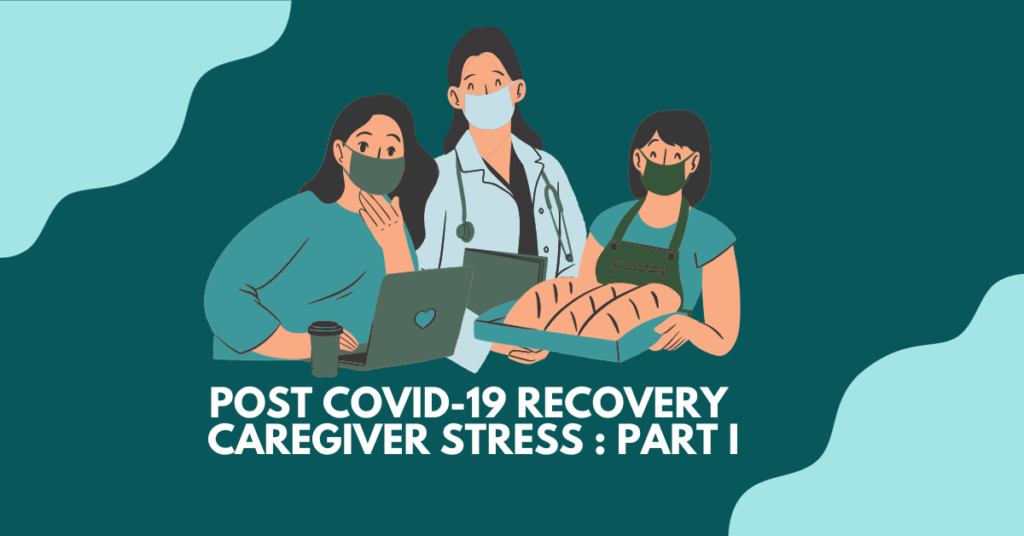
By: Fardeen Rafique
Date: 15th February 2022
Having diagnosed with Covid-19 in itself has a significant impact on both mental and physical health. However, post recovery, too, many individuals may experience its long-term psychological effects.
A recent study has found that one in three people who have recovered from the diseases are diagnosed with a neurological or psychiatric concern within six months of being infected. It outlined that the likelihood of individuals being diagnosed with any of these conditions was approximately 34%.
Some of the most common mental health conditions emerging post the recovery period have been found to be anxiety disorders, obsessive-compulsive disorders, mood disorders; such as depression, insomnia, and substance use disorders. Although these psychiatric conditions were much more prevalent, significant neurological symptoms have been found, especially in those individuals whose severity of the illness has been high (Harrison, 2019).
Hence, it is only natural to say that while most individuals deal with a greater number of mental health issues than usual during the pandemic – including social withdrawal, loneliness, anxiety, etc., these issues along with other conditions heighten in many individuals, during and post their recovery from a Covid-19 diagnosis.
With extensive research, experts have found that the prevalence of mental health concerns among survivors of Covid-19 “reflects, at least partly, the psychological and other implications of a Covid-19 diagnosis rather than being a direct manifestation of the illness” (Harrison, 2019).
Furthermore, in the 34% likelihood, they have found that 13% of those individuals had their first neurological or psychiatric diagnosis.
Below are some of the statistics of mental health conditions drawn by experts in lieu with a Covid-19 recovery period –
- Anxiety disorders (17%)
- Mood disorders (14%)
- Substance use disorders (7%)
- Insomnia (5%)
Additionally, it is essential to understand that individuals recovering from COVID-19 may have to cope with its mental health ramifications. This holds especially true for those who have been moderately to severely ill, perhaps even in the ICU and under intubation, as a result of the disease. Such individuals may exhibit what is known as ‘Post-intensive Care Syndrome (PICS), that involves a combined presentation of physical, cognitive and mental health impairments following a prolonged stay in the ICU or hospital due to an illness.
PICS has been found to have significantly impacted people’s quality of life (QoL), both in short periods and in the long run (Kudchadkar, 2020). Many of them further experience flashbacks, emotional instability, feeling ‘out of place’, socially awkwardness or withdrawal, and appetite changes, with significant loss of interest. While this is true for many, others often begin adjusting to ‘normalcy’ by overcompensating for all that they may have missed out on personally and professionally.
Hence, the experience of individuals post Covid-19 recovery is characterized with a variety of mental health concerns, which may seem like they are yet to enter a second battle – in completing healing from the experience.
However, in addition to the diagnosed and recovered population, Covid-19 has also been found to have a significant impact on the stable and healthy functioning of the caregivers of the ill. As caregivers play an influential role in tending to the ill, they undergo a variety of stressful experiences and mental health concerns themselves.




